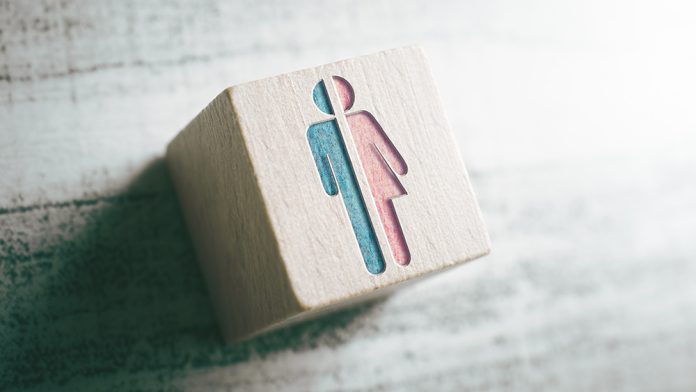The Georgian government could soon introduce tough new rules restricting LGBTQ+ rights and banning public celebrations of same-sex relationships if a new bill introduced by the country’s ruling party is passed, POLITICO reports.
On Monday, the ruling Georgian Dream party introduced a bill aimed at banning people from changing their gender and banning same-sex couples from adopting children.
According to the party’s executive chairman Mamuka Mdinaradze, the Georgian constitution should be amended to allow marriage only in “the union of one genetic man and one genetic woman.” The proposal would also ban education and public gatherings that it believes promote “same-sex family or intimate relationships” as well as “incest.”
However, Mdinaradze said the move would “protect family values and minors.” He did not rule out that holding a Pride parade or displaying an LGBTQ+ flag could be a violation of the bill.
Last year’s Pride parade in the Georgian capital Tbilisi was evacuated after far-right protesters stormed into an area that police failed to cordon off. Organisers accused Georgian authorities of “coordinating their actions” with anti-LGBTQ+ activists.
The government recently increased funding for the Georgian Orthodox Church. The new bill is seen by many as an attempt by the Georgian Dream to appease the influential church and secure a fourth term in power when the country goes to the polls in October to elect a new parliament.
Georgia was granted EU candidate status last year, along with Ukraine and Moldova. However, Brussels has repeatedly warned that the country faces a setback in democracy and human rights and will have to do significant work on key reforms to join the bloc.
According to Tinatin Akhvlediani, a research fellow at the Centre for European Policy Studies, “The EU has made the protection of vulnerable groups – and LGBTQ+ people are among the most vulnerable in the country – among the conditions for Georgia’s candidacy.” Without fulfilling these requirements, she said, the country is unlikely to be able to “advance to the next steps” towards EU membership.
